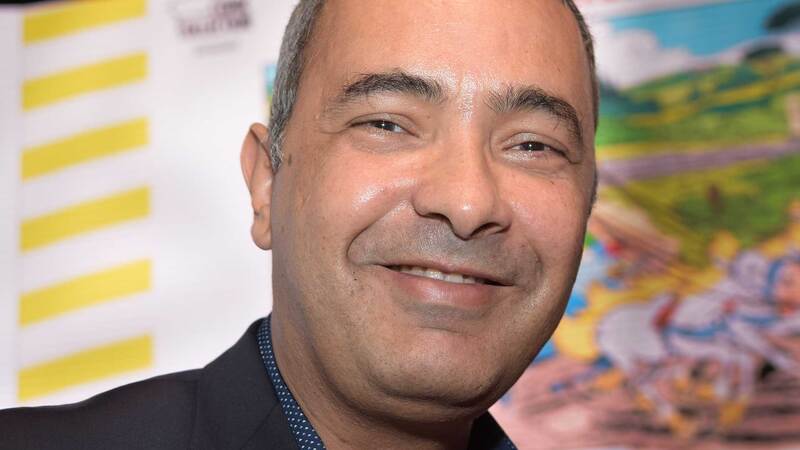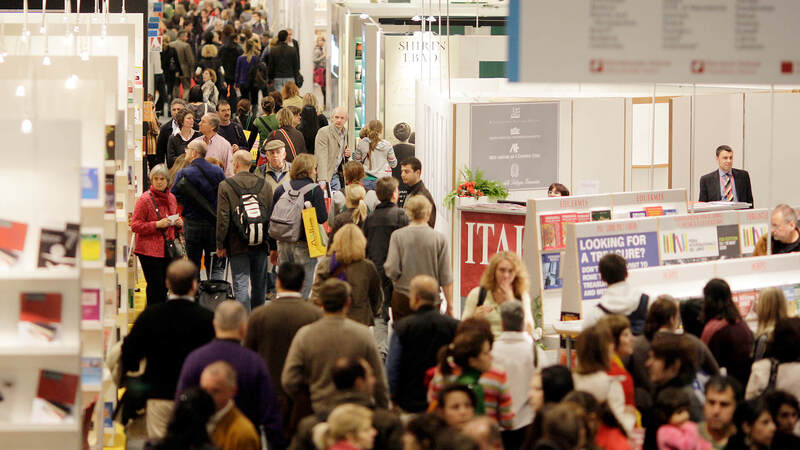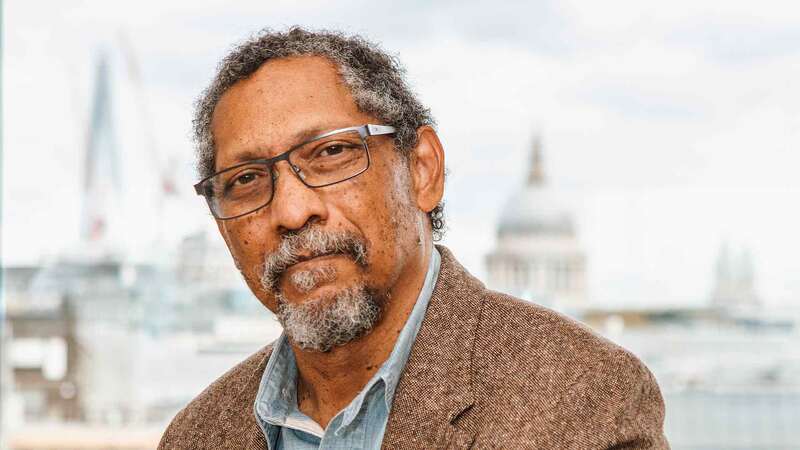You are viewing your 1 free article this month. Login to read more articles.
Gothenburg bans far-right exhibitors as fairs tackle populism
The rise of right-wing populism continues to be a vexing issue for the major book fairs, as they attempt to balance free speech against giving platforms for extremists’ views. Last year, both the Frankfurt Book Fair (FBF) and Gothenburg Book Fair faced criticism for allowing populist publishers from the right into their halls. Their approaches to dealing with the problem now differ, The Bookseller has learned, with Gothenburg blocking extremist publishers from participating.
The change came after far-right newspaper Nya Tider exhibited at last year’s Gothenburg fair, leading to some authors boycotting it, running battles between “antifa” (anti-fascist) and fascist protestors, and a neo-Nazi march through the university town during the fair, with more than 60 people detained by police.
FBF 2017, similarly, had a handful of far-right exhibitors, most notably the German publisher Antaios. Its appearance led to a heavy police presence and clashes in the halls.
This issue has rolled on in 2018. March’s Leipzig Book Fair—after FBF, Germany’s largest books event—had a number of far-right attendees debating the issue of free speech, which in turn spurred a large contingent of (mainly) peaceful protestors condemning their inclusion.
It has also moved beyond book fairs. This summer that bastion of the American left, the New Yorker, shocked its liberal base by inviting the alt-right and former Trump adviser Steve Bannon to its New Yorker Festival. The immediate outcry on social media, and subsequent threats from a number of other speakers to pull out of the event, saw the magazine backtrack and rescind Bannon’s invite, days after it was announced. The Economist, which extended a similar invitation to Bannon, continued with its plans for a live interview.
As Frankfurt (10th–12th October) and Gothenburg (27th–30th September) gear up for their 2018 editions, the problem has not gone away. Both fairs are taking slightly different approaches to the issue but are largely using the same tactics to steer discussion away from the far-right: featuring consciously “woke” programmes of events and seminars with an emphasis on tolerance and inclusion.
Different perspectives
The main difference between the fairs, however, is who they will allow to exhibit. FBF is a subsidiary of the Börsenverein des Deutschen Buchhandels (German publishers’ and booksellers’ association), which is in part publicly funded. As a consequence, it is obliged to allow any entity to exhibit “as long as they don’t break German law”, says FBF director Jürgen Boos. He told The Bookseller: “There are a lot of discussions of right-wing parties in Germany, in Sweden, across Europe and the West. It’s not going to go away in the next few years and we, as a book fair, have to mirror what’s going on in society. We can’t exclude anybody who abides [by German law], so we have to include these exhibitors whether we want them there or not.”
The presence of German list Antaois led to an increased presence at Frankfurt in 2017
Free speech laws can differ greatly across Western Europe, and generally Germany tends to be stricter in this regard than the UK. The Volksverhetzung statutes—a strand of German criminal law that pertains to incitement to hatred—are often used against intances of hate speech such as Holocaust denial and neo-Nazi writings.
Gothenburg, on the other hand, will not allow Nya Rider (or other extremist publishers) to exhibit in 2018, says Frida Edman, who is directing the fair for the first time. She believes last year was a principled stand as Gothenburg “has always been, and is always going to be, a platform of freedom of speech”, But the fair became “a question about one single exhibitor, which took all the attention from the book fair, and took all the light from the authors. It was a crisis for us. In the end we had to decide what is most important for [the fair]: the answer is literature, reading and the meeting between authors and writers.” Edman underscored the point of difference between FBF and her fair: “The government has nothing to do with [us]. It is a private fair, owned by a foundation, which means that we formally make our own decisions. Every year we have about 800–900 exhibitors, and we cannot just focus on one of them.”
Boos and Edman agreed on what direction they, as programmers, can take their fairs in. Boos pointed out that FBF was fairly experienced in negotiating the delicate balance of hosting exhibitors from countries that do not have the best of records on freedom of speech and human rights, and running a book fair that promotes Western democratic values. He said: “We’ve recently had Guests of Honour, like China, Turkey and Russia, that have free speech issues... but what we can do is curate our programme of discussions and events, and choose who we invite [as speakers, as opposed to exhibitors].”
FBF had laid down a marker early in this regard: Chimamanda Ngozi Adichie will be the keynote speaker at its opening press conference on 9th October, delivering a talk on feminism. A major strand through the course of the fair will focus on the 70th anniversary of the Universal Declaration of Human Rights (in partnership with the UN and Amnesty International), while one of the more intriguing of its 25-plus scheduled talks on press freedom will be an in-conversation event between “accidental activists”: Angela Gui, daughter of imprisoned Hong Kong bookseller and publisher Gui Minhai; and Ensaf Haidar, wife of jailed Saudi blogger Raif Badawi.
Gothenburg’s events, meanwhile, are geared around the overall theme of “respect”, said Edman. She explained: “Respect is a subject that includes the #MeToo movement, equality, populism and racism. It is important for us to highlight these questions, as they are some of the most burning issues in society and they are also reflected in our literature.”
Highlights of its programme include journalist and activist Masha Gessen on the rise of populism, Baillie Gifford Prize-winner Philippe Sands on crimes against humanity, and Egyptian author Nawal El Saadawi on the fallout of the Arab Spring and women’s rights in Arabic countries.
Ultimately, Boos said, the onus was on the fairs not to have a “Bannon incident”, adding: “We must permit debate but we can also refute authors and publishers we don’t agree with. We can’t control the exhibitors, but we can control who we invite. We have to decide what issues we discuss. [The fair] has to talk positively and not negatively, and set a good example.”



















